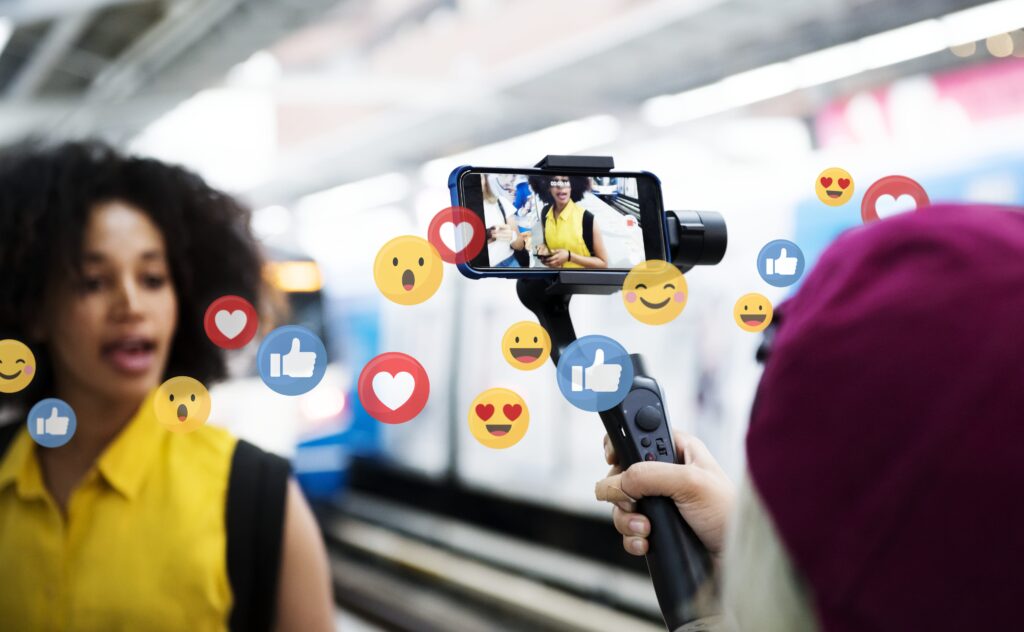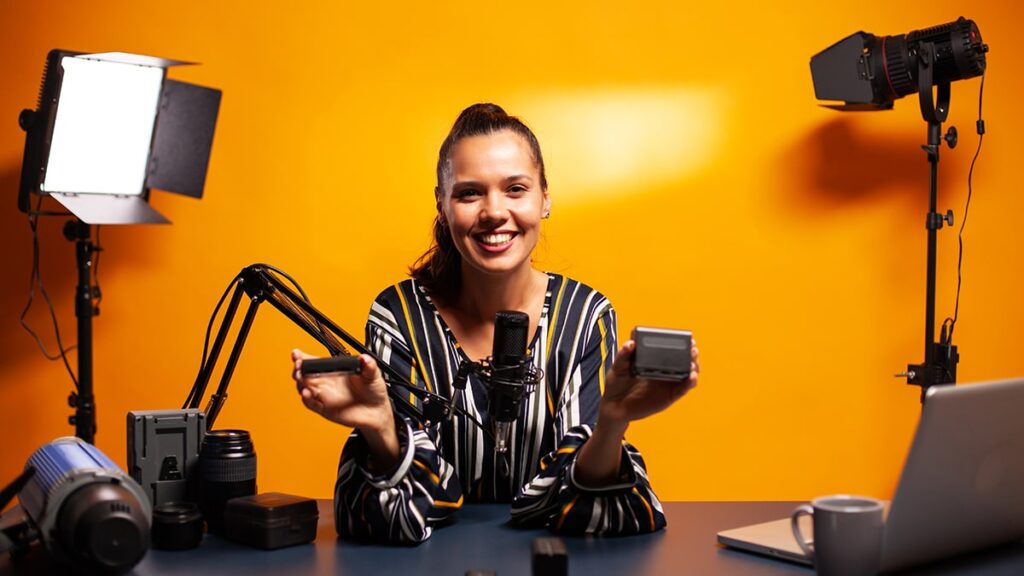Influencer marketing has rapidly evolved over the past few years, becoming one of the most powerful forms of digital marketing today. The ability to reach large and highly engaged audiences through a trusted and authentic source has made influencer marketing an essential tool for brands of all sizes and industries. As the landscape of influencer marketing continues to evolve, it’s important for brands to understand the future trends and opportunities in this area.
One of the biggest trends in influencer marketing is the rise of micro-influencers. Micro-influencers are individuals who have a smaller following, typically around 10,000 to 100,000 followers, but have a highly engaged and dedicated audience. Brands are starting to recognize the value of working with micro-influencers as they provide a more personalized and authentic connection with their audience. Additionally, they are often more affordable than working with larger influencers, making them a cost-effective option for many brands.
Another trend in the influencer marketing landscape is the increased focus on diversity and representation. Brands are now recognizing the importance of showcasing a diverse range of voices and perspectives in their campaigns. This includes working with influencers from different ethnicities, races, and abilities, as well as promoting body positivity and inclusivity. Brands that prioritize diversity in their influencer marketing campaigns not only increase their credibility and authenticity but also tap into new and growing audiences.
The use of technology and data is also playing a major role in shaping the future of influencer marketing. Brands are now using artificial intelligence and machine learning to analyze influencer data and make informed decisions on which influencers to work with and what kind of campaigns to create. This technology can help brands identify the most relevant influencers for their brand and track their campaign results to optimize their strategy.

One of the most exciting opportunities in the future of influencer marketing is the integration of augmented reality (AR) and virtual reality (VR) technology. Brands are starting to explore how they can use these technologies to create immersive and interactive experiences for their audience through influencer marketing. For example, a beauty brand could use AR technology to allow customers to try on makeup virtually through the influencer’s social media channels.
In terms of branding, influencer marketing is a great way to build brand awareness and reach new audiences. Brands can work with influencers to create sponsored content that aligns with their messaging and values. This type of content is often more trustworthy and relatable to the audience compared to traditional advertising, making it a powerful tool for building brand awareness and loyalty.
Examples of successful influencer marketing campaigns include Kylie Jenner’s partnership with beauty brand, Ipsy. The partnership involved Kylie creating a limited edition makeup bag and promoting it through her social media channels to her large and highly engaged audience. Another example is the partnership between fashion brand, ASOS, and influencer, Aimee Song. The campaign involved Aimee promoting ASOS’s clothing and accessories through her Instagram account and providing a unique and relatable perspective on the brand’s products.
In conclusion, the future of influencer marketing looks bright and exciting with the rise of micro-influencers, the increased focus on diversity, the integration of technology, and the potential for AR and VR technology. Brands that embrace these trends and opportunities will be able to leverage the power of influencer marketing to reach their target audience and achieve their marketing goals.


